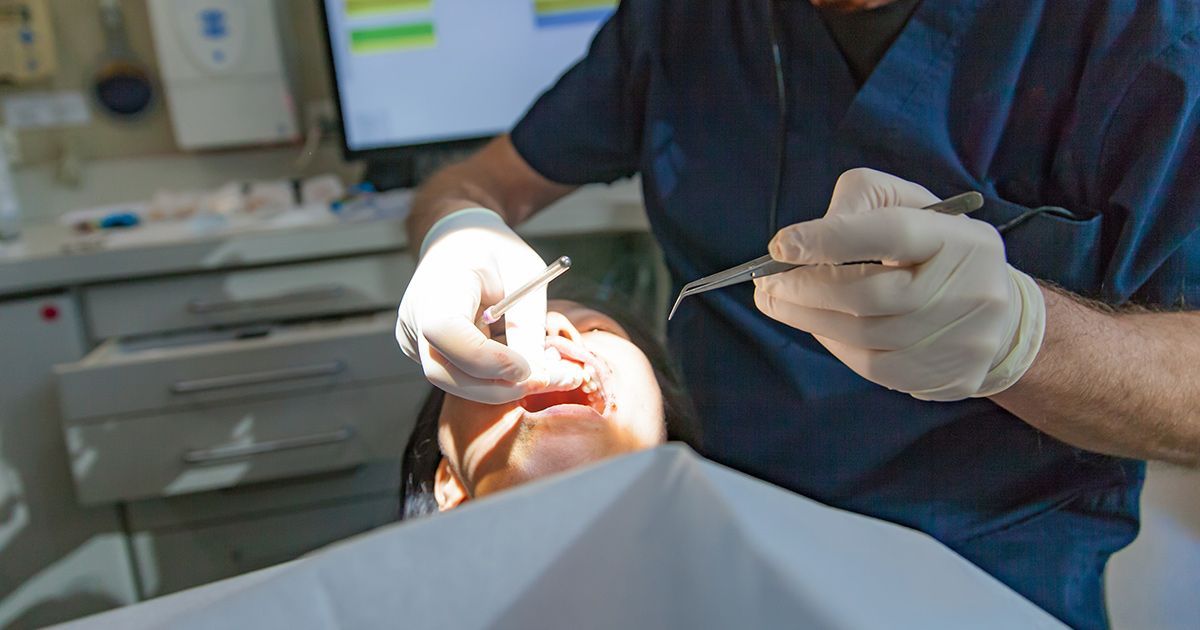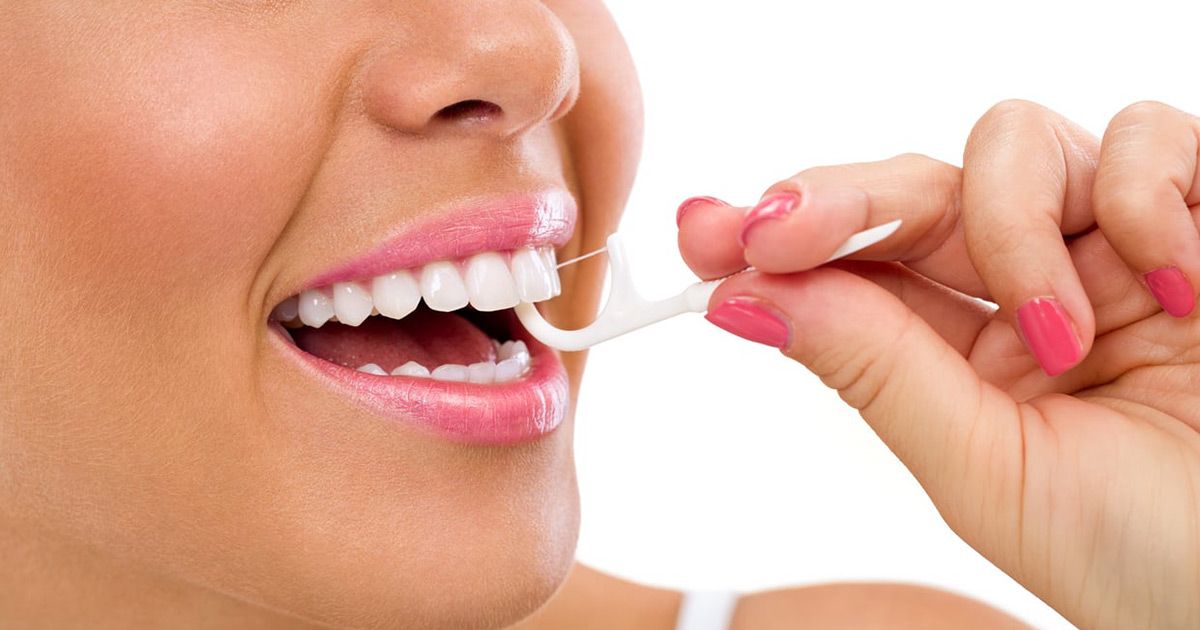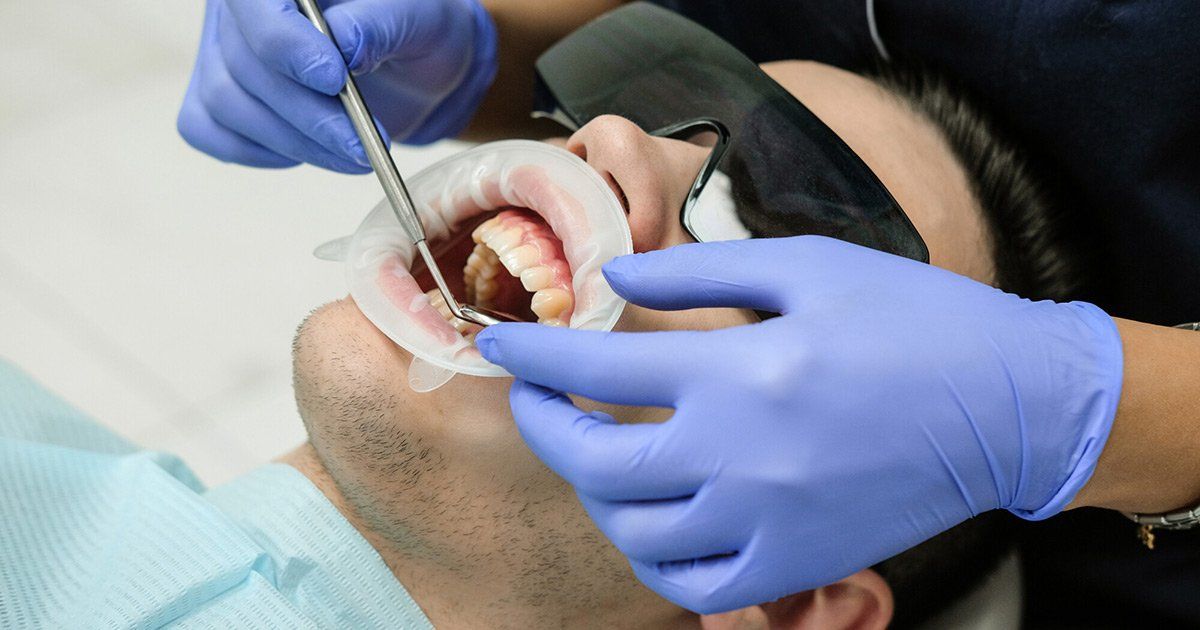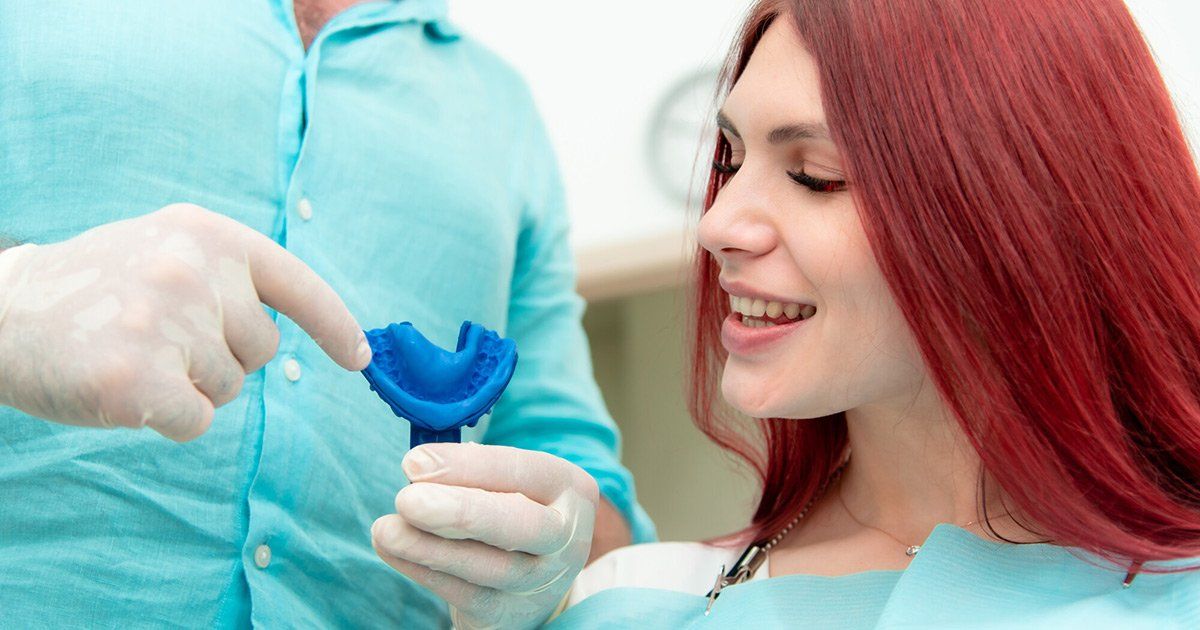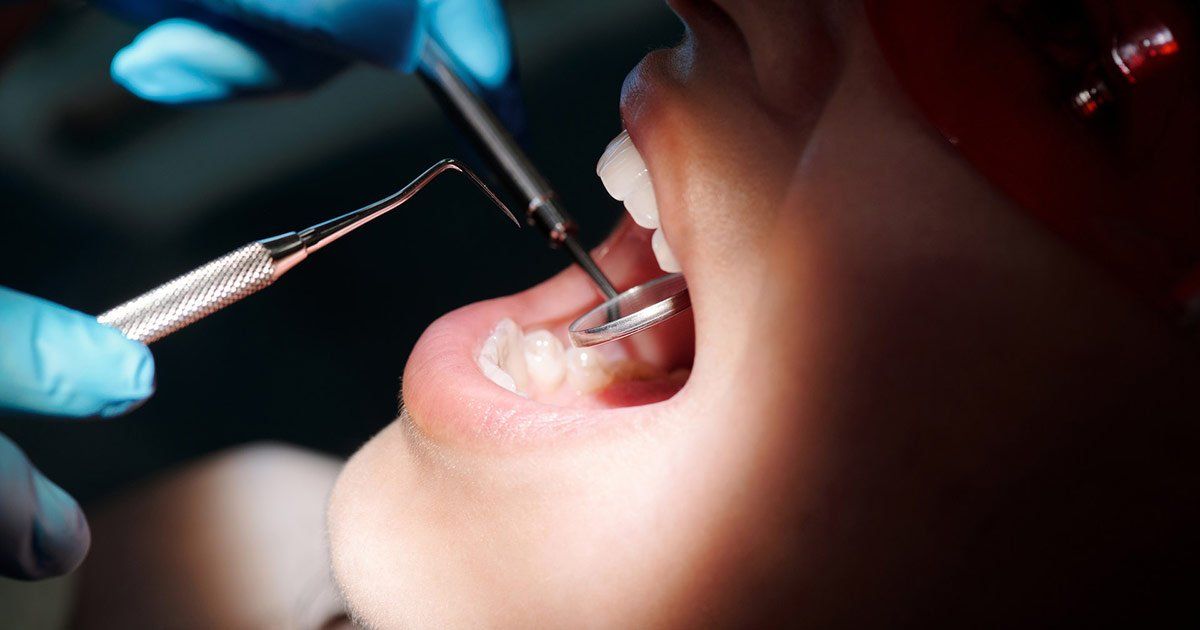Bayside, NY Office
Business Hours
- Monday
- -
- Tue, Wed, Sat
- -
- Thu - Fri
- Closed
- Sunday
- Closed
Forest Hills, NY Office
Business Hours
- Mon - Wed
- Closed
- Thursday
- -
- Fri - Sat
- -
- Sunday
- Closed
In-Network with Major PPOs. Early Morning, Evening & Weekend Appointments Available
Medicaid, Fidelis, Metroplus, HMO and state insurances are not accepted at this time
In-Network with Major PPOs. Early Morning, Evening & Weekend Appointments Available
Medicaid, Fidelis, Metroplus, HMO and state insurances are not accepted at this time
Your Complete Guide to the Different Types of Dental Crowns
Radiant Dental Studio • May 18, 2020
If you are in need of a dental crown, check out this handy guide that explains the different types of dental crowns and the benefits of each!
Do you have damaged teeth? Does this cause problems with eating and speaking? Do you smile less or feel self-conscious?
Today, dental professionals can fix these problems with several different types of dental crowns. Read the following guide to learn more about dental crowns.
What Is a Dental Crown?
A dental crown
is a tooth-shaped cover that's put over a damaged tooth. This restores the normal-looking shape, size, and strength of your tooth.
The crown is often made from porcelain, resin, or metal. It’s cemented in place so that it remains secure and functions as a normal tooth.
When Is a Crown Needed?
Every person’s situation is unique. Dentists recommend crowns to restore the look and function of teeth related to many different reasons. The following describes some of the most common reasons people get crowns.
After a Large Filling
If your tooth develops a large cavity and/or if it breaks, you’ll need a large filling. This can cause tooth weakness and increase the risk of fractures. By placing a crown over the tooth, it protects the tooth from further damage.
After a Root Canal
When a root canal is performed, the dentist removes the damaged or infected tooth’s root. This involves creating a hollow tooth that's at high risk for breaking. The dentist places a crown over the tooth after the procedure to prevent future problems.
Cracked Tooth Syndrome
In some situations, a tooth can become cracked on the inside. This causes severe pain with chewing on the tooth. Dentists call this “cracked tooth syndrome.”
Continuing to chew on the tooth increases the stress on these fracture lines. A crown helps hold the tooth together. It also distributes the stress more evenly across the tooth to decrease the pain and damage.
When a Cusp Breaks
The cusp is the pointed part on the top of each tooth. The cusp bears the most stress during chewing. A dental crown covers the tooth and recreates a strong chewing surface.
Too Much Wear on the Teeth
Teeth can become damaged from tooth grinding, acid reflux, bulimia, or an acidic diet. These factors cause the teeth to wear away. This can destroy the enamel resulting in small, soft, misshapen teeth.
If this condition isn’t treated, the bite can collapse. Placing dental crowns over the teeth is the only way to fix this problem.
Types of Dental Crowns
Dental providers may use several different types of dental crowns. The choice depends on factors like placement in the mouth, the reason for the crown, and the durability needed. The following describes the different types of crowns.
Resin Crowns
This offers a less expensive type of crown. It’s made from special resins. Unfortunately, this type may wear down and even break over time.
Ceramic and Porcelain Crowns
These represent the most popular types of crowns for restoring front teeth. Ceramic and porcelain crowns blend more naturally with your other teeth. One drawback is that these crowns can wear down the opposing teeth.
Pressed Ceramic Crowns
This type of crown contains a hard-inner core instead of a metal lining that’s often used in ceramic crowns. This crown had a pressed ceramic inner layer covered with porcelain. This gives a natural appearance and a long-lasting crown.
Porcelain-Fused to Metal Crowns
The purpose of this type of crown is to create a more durable result. The porcelain is bonded over a metal structure to form the crown.
Gold Alloy Crowns
Crowns are also made from a mixture of gold, copper, and other metals. This creates a strong attachment to the tooth. It has a lower incidence of fracturing or wearing the tooth away.
Base Metal Alloy Crowns
These crowns use non-noble metals such as chromium, beryllium, nickel, or cobalt. This creates a crown that’s more resistant to corrosion and is stronger.
What to Expect When Getting a Dental Crown
Having a dental crown placed may take 2 visits to the dentist. The first step involves checking the tooth to make sure it’s strong enough to support a crown. The tooth may then need filing to allow the crown to fit properly over it.
If your tooth has severe damage or is broken, the dentist may need to fill in part of it. Once again, this prepares your tooth for crown placement.
Once the shaping of the tooth is complete, the dentist will make an impression of your teeth. This is often sent to a lab that makes the permanent crown. Since this takes some time to complete, many dentists place a temporary crown at this visit.
When the permanent crown is finished, you will return to the dentist. First, the dentist removes the temporary crown. Next, the new crown is secured to your tooth using a special adhesive.
Now the crown is ready to look and function like a natural tooth.
Frequently Asked Questions About Dental Crowns
When you're told that you need a crown, you may have many questions. The following information addresses common questions about dental crowns.
How Long Do Dental Crowns Last?
There are times when a dental crown can become loose or even fall out. Yet, when they’re taken care of according to your dentist’s instructions they can last a lifetime.
How Do I Care for My Crown?
Be sure to brush your teeth twice a day and floss at least once a day. Visit your dentist every 6 months for dental cleanings and checkups. This will help keep your mouth healthy and preserve your crowns.
Do Crowns Protect the Underlying Tooth?
The answer is no. This is why it's so important to practice good oral hygiene and see your dentist regularly.
Are You Looking for a Dentist to Meet All Your Needs?
Many different types of dental crowns are now used to restore damaged teeth. Your dentist will provide recommendations regarding which crown best suits your situation.
Radiant Dental Studio in New York, NY focuses on meeting all your dental health needs. This ranges from comprehensive dental screenings to restorative care. We also offer Invisalign services.
We’re committed to making sure that every patient receives exceptional care. Our team will talk to you about what they’re doing throughout your visit. It’s also important to us that you’re comfortable and feel at ease. Patients are encouraged to ask questions.
Radiant Dental studio understands that having dental care can be a financial concern. Click here
to view all the different types of insurance we accept. Please feel free to contact us today
to ask questions and schedule an appointment.
Forest Hills, NY Office
© 2024
All Rights Reserved | Radiant Dental Studio
718-970-7301
718-513-9071
